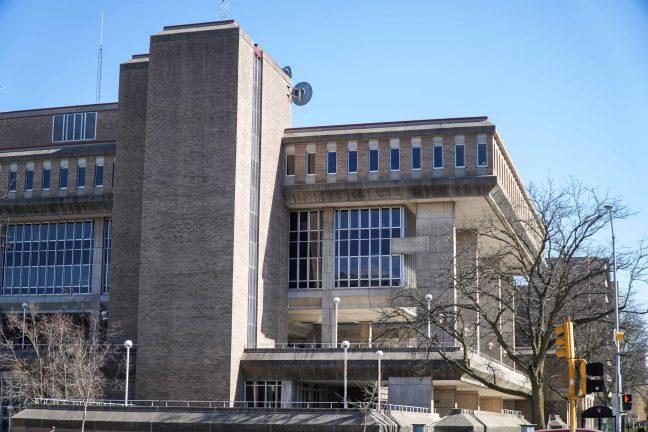University of Wisconsin researchers recently won a National Science Foundation grant to create effective and inclusive community engagement strategies for Wisconsin’s Black communities, according to the Life Sciences Communication website.
Communication arts professor Lillie Williamson is on the team who won the grant. Williamson said people often talk about medical mistrust in Black communities originating from specific historical events, pointing to examples such as the Tuskegee syphilis study and Henrietta Lacks.
But Williamson said focusing on specific historical examples fails to address injustices Black communities experience today.
“The reasons for mistrust are not only historical, but are present day – Black Americans continue to face oppression and medical racism,” Williamson said.
LSC professor Michael Xenos and LSC assistant professor Todd Newman are working with Williamson on the study. According to an email statement from Newman, conventional research methods in health and science communication examine the general population, not specific communities.
Newman said the team chose to pursue this project because they wanted to understand how individuals’ experiences shape their development of opinions on scientific issues. Newman said in order to develop effective health and science communication messages they need to include the community in the research process.
“Sometimes you’ll hear people talk about ‘reducing medical mistrust’ in the sense of educating communities or convincing them not to be mistrustful,” Williamson said. “To me, that’s the wrong approach. It can be harmful to try to convince people to not be mistrustful of institutions or systems in which they very well may face harm.”
Williamson said the team hopes to understand how Black communities understand the science and health information they encounter. They also hope to understand the degree to which individuals see health and science misinformation and how people process that information.
According to the LSC website, the researchers will also partner with healthTIDE, a Wisconsin organization of community partners who work to address health disparities, to produce and analyze communication strategies to combat scientific misinformation in Black communities.
The best communication strategies start with understanding the audience, Newman said. Williamson said they want to understand the current strategies community members use to manage scientific misinformation as well as possible strategies communities think are viable for managing misinformation.
The communities who choose to work with them should benefit from the research process as well. People are giving their time and energy to these conversations so research questions should not be solely based on questions researchers want to answer, Williamson said.
“Our goal is to develop insights that reflect the unique and diverse experiences of Black Americans, and that can help promote better and more culturally competent and responsive communication about science-related issues within Black communities across the country,” Newman said.


